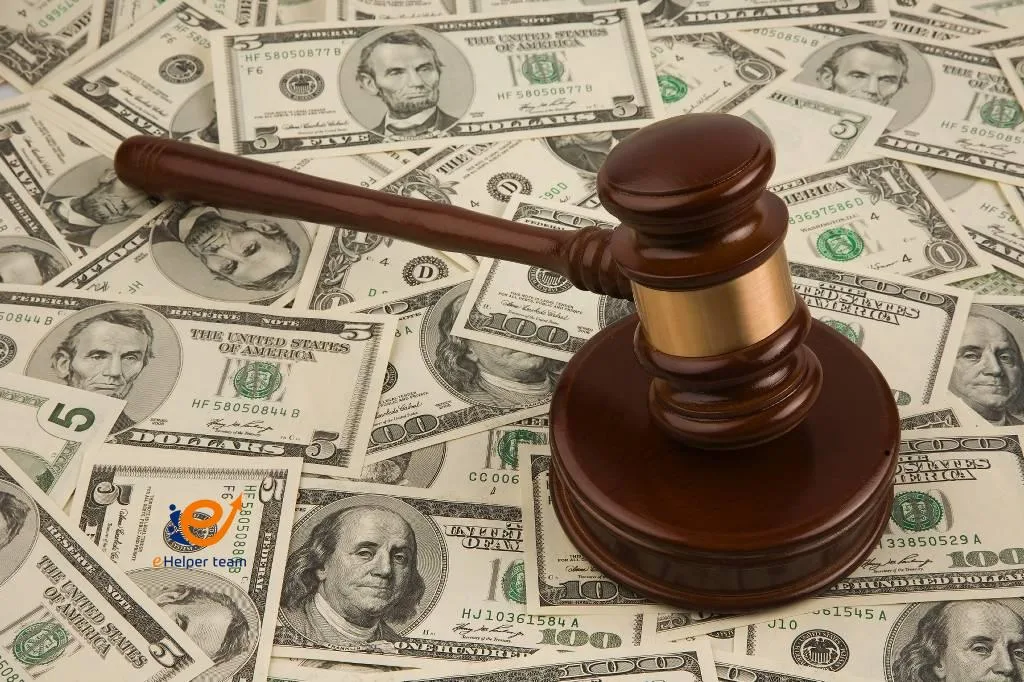In discussions about financial disputes and debt recovery, the roles of bailiffs and private debt collectors often come up. While they both deal with the recovery of owed money, their roles, legal authority, and methods of operation are distinct. Understanding these differences can help individuals and businesses navigate debt-related situations more effectively.
What Are Bailiffs?
Bailiffs are officers authorized by the court to enforce judgments and recover debts. They are typically involved in cases where a creditor has obtained a court order to recover money or seize assets. There are different types of bailiffs, such as County Court bailiffs and High Court enforcement officers, depending on the amount of debt and the court involved.
Their primary duties include:
- Enforcing court orders: Bailiffs can collect debts after a legal judgment. This may involve taking possession of goods belonging to the debtor to settle the outstanding amount.
- Evicting tenants: In cases of eviction, bailiffs ensure that the process is carried out lawfully.
- Serving legal documents: They may also deliver court documents to individuals.
Bailiffs operate under strict regulations and are accountable to the courts. Before taking any action, they must provide the debtor with written notice, typically giving at least seven days to pay. Additionally, they are prohibited from seizing certain essential items, such as clothing, cooking utensils, and items necessary for work.

What Are Private Debt Collectors?
Private debt collectors, on the other hand, are individuals or companies hired by creditors to recover unpaid debts. They do not have the same legal authority as bailiffs and cannot seize assets or enforce court orders. Their role is limited to persuading the debtor to pay what they owe, usually through negotiation, phone calls, or letters.
Key characteristics of private debt collectors include:
- No enforcement power: Unlike bailiffs, private debt collectors cannot force entry into a debtor’s home or take goods. They rely on communication and payment arrangements to recover funds.
- Acting on behalf of creditors: They are hired by businesses, financial institutions, or other entities to pursue overdue payments. In some cases, debt collection agencies purchase the debt outright and then attempt to recover it for profit.
- Regulated practices: Private debt collectors must adhere to specific laws and guidelines, such as those outlined by the Financial Conduct Authority (FCA) in the UK. Harassment, intimidation, and deceitful practices are strictly prohibited.
Legal Authority and Boundaries
The critical difference between bailiffs and private debt collectors lies in their legal authority. Bailiffs act under court orders and have the power to enforce judgments, seize goods, and even evict individuals. Private debt collectors lack such authority and must rely on voluntary cooperation from debtors.
For example, a bailiff may arrive at a debtor’s home with a court warrant and remove non-essential goods to settle a debt. A private debt collector, in contrast, can only request payment or arrange a repayment plan. If the debtor refuses to pay, the creditor must go through legal channels to escalate the matter, potentially leading to bailiff involvement later.
How to Handle Bailiffs and Private Debt Collectors
For individuals facing debt recovery actions, understanding their rights is crucial.
- When dealing with bailiffs: Verify their identity and the legitimacy of their court order. Always seek legal advice if unsure about their actions.
- When dealing with private debt collectors: Be aware that they cannot threaten or harass you. Communication should be respectful and professional. Debtors have the right to request written proof of the debt before making any payments.
Why the Distinction Matters
Confusion between bailiffs and private debt collectors can lead to unnecessary stress and misunderstanding. Knowing the limits of each role ensures that individuals respond appropriately to debt recovery efforts. Moreover, it protects against exploitation or unlawful practices by unscrupulous agents posing as bailiffs.
In summary, bailiffs and private debt collectors serve different functions within the debt recovery process. While bailiffs act with the authority of the courts to enforce judgments, private debt collectors focus on negotiation and persuasion without the power to seize property or enforce payment. Both operate within regulatory frameworks designed to balance creditors’ rights with debtor protections, ensuring that recovery processes remain fair and lawful.
Understanding these distinctions is essential for anyone navigating financial difficulties, as it empowers them to address debt-related issues confidently and effectively.



